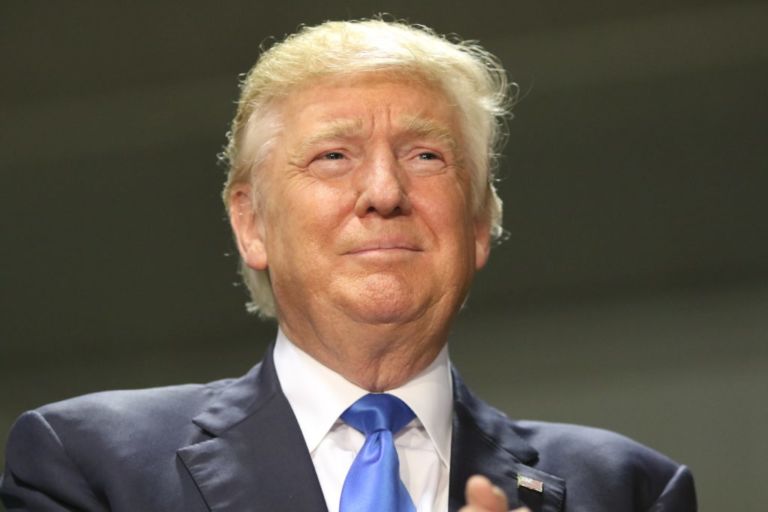James Antle writes for the Washington Examiner about one high-profile third-party candidate’s potential impact on the presidential election.
Robert F. Kennedy Jr. has his running mate, completing what has so far been the highest-polling independent presidential ticket in more than 30 years.
Not since Ross Perot first ran for president in 1992 has a candidate polled as well for the White House without a major-party affiliation. Perot even led former President George H.W. Bush and his eventual Democratic successor, then Arkansas Gov. Bill Clinton, head-to-head at one point.
Kennedy’s numbers have a much wider range. The longtime activist and son of the former attorney general, senator, and 1968 Democratic presidential candidate ranges from a high of 15% nationally in a recent Harvard-Harris poll to 2% in an Economist/YouGov survey, both released this month. He stands at 9.9% in the RealClearPolitics polling average.
Perot received 19% of the vote in 1992 and followed up with 8% in 1996, then as the nominee of the Reform Party.
The Harvard-Harris poll looks somewhat like the 1992 final results, with the Democrat and Republican reversed — but not the incumbent and challenger. Over three decades ago, Clinton finished first with 43% of the popular vote to Bush’s 38%. This time around, the aforementioned survey has former President Donald Trump at 43% and President Joe Biden at 38%.
Clinton won north of 300 electoral votes in 1992. Perot did not carry a single state, though he finished second in both Maine (narrowly beating Bush) and Utah (beating Clinton).
It’s not clear how many ballots Kennedy will appear on, though he vows it will be all 50 states plus the District of Columbia, like Perot.
There are also questions about the debates. When Perot appeared on the debate stage alongside Clinton and Bush, he won nearly a fifth of the national vote. When he was excluded from the debates four years later, he dropped to below 10%.


